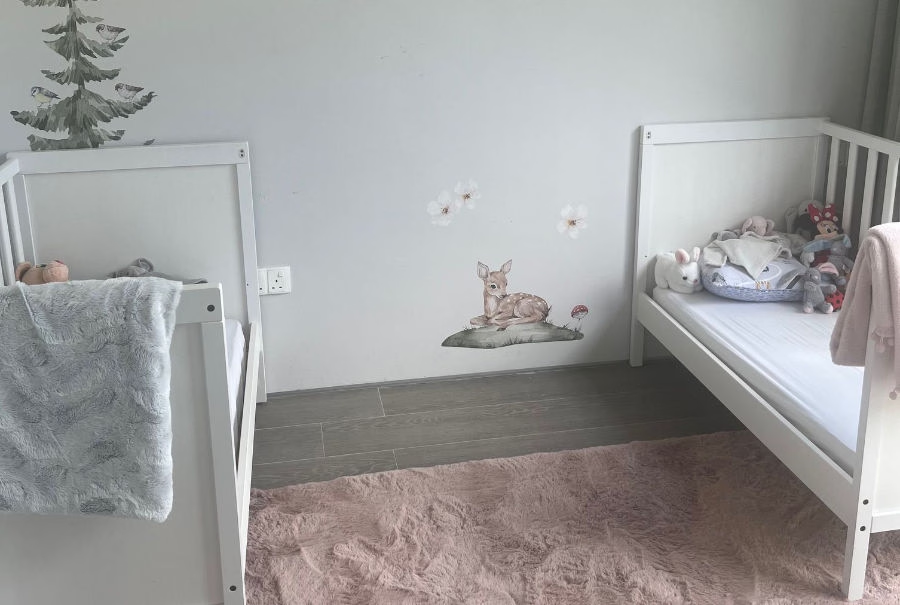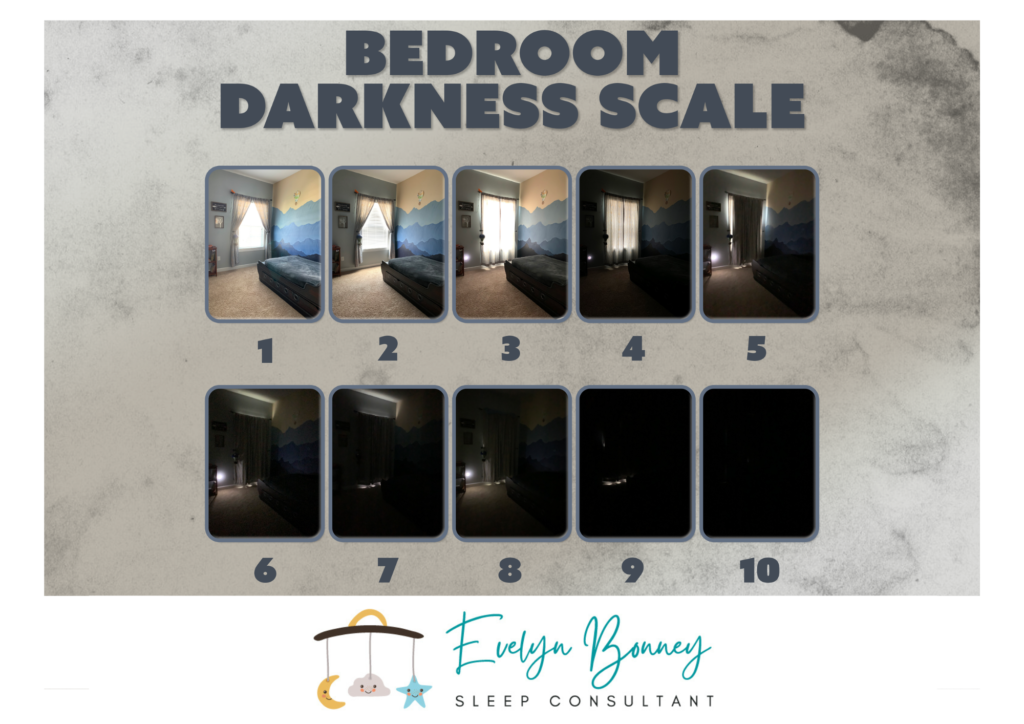Jet lag for adults and children can be really hard and it’s also where sleep associations start to creep in. In order to help our children through this, the key for us as parents is to prevent them getting overtired and help them to regulate their body’s natural circadian rhythm again.
For this melatonin is your best friend! As soon as you get to your new time zone get as much outside time in sun light as possible. This helps your child’s body naturally produce melatonin at the right time of day.
The next step is to get on to the new time zone you are in right away. But what does this mean? So for example, if you arrive in the morning try and keep your baby awake until nap time. Then for their nap, don’t let them sleep for longer than their normal amount of total daytime sleep, give or take 30 mins. So, if baby normally sleeps for 2 hours let them sleep for 2.5 hours MAX then wake them up. If you arrive at night try to give them an age appropriate awake window before you put him to bed.
If your child wakes up early, in the new time zone, just go with it and start the day. Just be mindful of overtiredness and put them to bed up to an hour earlier than their normal. The early wake ups should push back to normal time over 2-4 days. Likewise, and depending on the direction of travel, if your child is not awake by 8am wake them up to anchor their day and help them reset their circadian rhythm.
If your child wakes up in the night keep everything as dark as possible and explain that it’s still nighttime. They may be hungry so give them something to eat and a drink and then get them back to bed within an hour.
As tired as you may be don’t be tempted to change the way sleep normally occurs just because of jet lag. It will take children longer to go to sleep when they have jet lag and they may need some more reassurance and support. This is fine. However, if you don’t normally rock to sleep, feed to sleep or co sleep don’t do it just because you are travelling!
Hope this helps!
Sleep well




